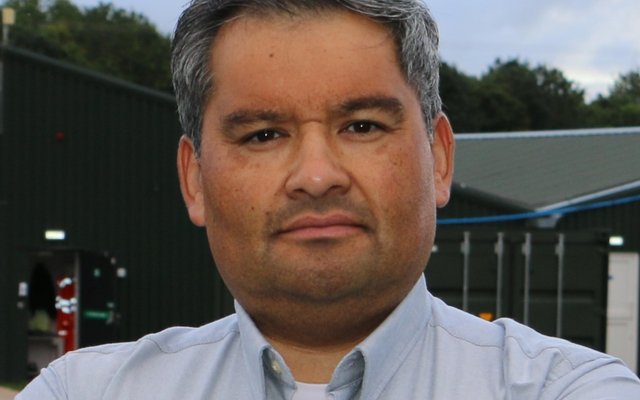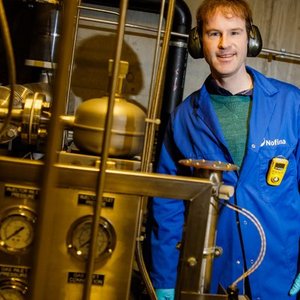Joaquín García Núñez was appointed as production director for AquaGen Scotland, charged with leading developments at the company’s Holywood hatchery, near Dumfries. He will also keep a professional eye on the Scottish broodstock populations, which are located in a number of sites on the Scottish west coast and in the Northern Isles.
García Núñez has been with AquaGen since 1999, most recently as global production development manager, based in Scotland, but working between the global company’s operations in Scotland, Norway and Chile.
“I continue to champion and manage global best practice, but my immediate focus is to ensure the new and enthusiastic team at Holywood are fully trained to maintain optimum husbandry of the broodstock and manage the egg production. This is a complex task, which is all about predictability, and our most important goal is to take a positive approach to local production and to focus fully on getting a high-quality egg,” García Núñez said. “This means reducing risk in the production cycle, which in turn reduces the risk for customers. Implementing the highest biosecurity standards is a key factor, along with advanced water quality and temperature monitoring systems, to warn of any deviations from the norm in the broodstock unit and hatchery. In a live production business, there is little room for mistakes,” he said.
AquaGen Scotland produces eggs specifically for the Scottish market, with genetics tailored to local conditions. Good growth rates come as standard with the AquaGen strain, but Scottish customers also look for robustness, and for resistance to gill disease and sea lice. Ongoing trials show that the company’s genomic selection process is effective in achieving this.
Since purchasing the Holywood hatchery in 2019 and instigating a complete re-fit to repurpose it from a smolt production facility, AquaGen has worked hard to overcome early teething troubles with equipment, and with the working and supply restrictions imposed by COVID-19.
However, García Núñez is confident that the team is ready for the task ahead. “We aim to produce around 30 million eggs over the next nine months and are looking forward to a good season. Eggs will be available from mid-October until June,” he said.













